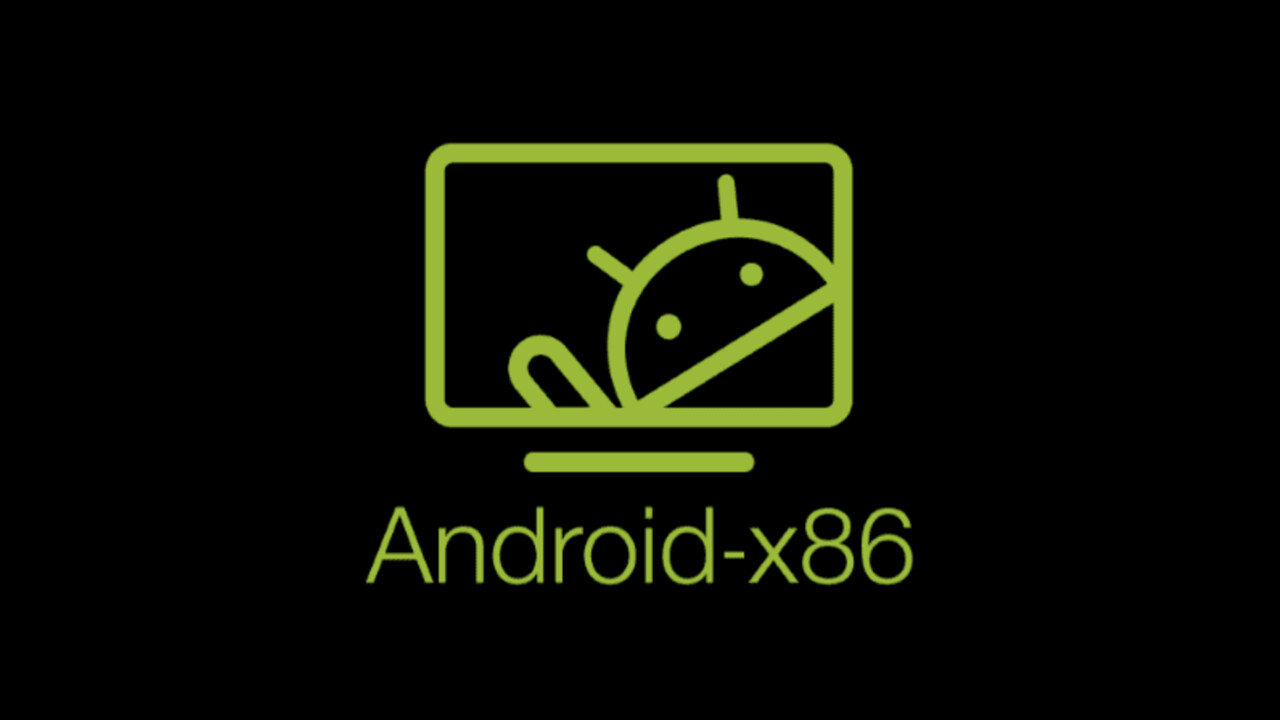Android-x86 9.0 R1: Pie erstmals stabil auf den x86-Computer portiert

Mit Android-x86 9.0 R1 erscheint das Betriebssystem des Projekts erstmals als stabiles Android 9.0 („Pie“) für x86-Computersysteme. Bisher war die x86-Prozessorarchitektur außen vor was die Kompatibilität von Googles Open-Source-Betriebssystem anbelangt. Die „pre-build“ Images stehen in 64-Bit (ISO) sowie 32-Bit (ISO) bereit.
Aktuelles Pie-Build als Grundlage
Die x86-Portierung basiert ihrerseits auf dem letzten offiziellen Build von Android 9, dem Release r53 vom 3. Februar 2020. Android-x86 9.0 R1 bietet seinerseits die folgenden Funktionen und Verbesserungen:
- Support both 64-bit and 32-bit kernel and userspace with latest LTS kernel 4.19.105.
- Support OpenGL ES 3.x hardware acceleration for Intel, AMD, Nvidia and QEMU(virgl) by Mesa 19.3.4.
- Support OpenGL ES 2.0 via SwiftShader for software rendering on unsupported GPU devices.
- Support hardware accelerated codecs on devices with Intel HD & G45 graphics family.
- Support secure booting from UEFI and installing to UEFI disk.
- A text based GUI installer.
- Add theme support to GRUB-EFI.
- Support Multi-touch, Audio, Wifi, Bluetooth, Sensors, Camera and Ethernet (DHCP only).
- Simulate WiFi adapter on devices with Ethernet only to increase app compatibility.
- Auto-mount external usb drive and sdcard.
- Add Taskbar as an alternative launcher which puts a start menu and recent apps tray on top of your screen and support freeform window mode.
- Enable ForceDefaultOrientation on devices without known sensors. Portrait apps can run in a landscape device without rotating the screen.
- Support arm arch apps via the native bridge mechanism. (Settings -> Android-x86 options, 64-bit only)
- Support to upgrade from non-official releases.
- Add experimental Vulkan support for newer Intel and AMD GPUs. (Boot via Advanced options -> Vulkan support)Mouse integration support for VMs including VirtualBox, QEMU, VMware and Hyper-V.
Android-x86 9.0 R1
Eine entsprechende Installationsanleitung sowie Tipps und Tricks zu dem auf dem Betriebssystem-Kernel Linux 4.19.105 basierenden und mit dem Google Play Store kompatiblen Android-x86 ist auf der offiziellen Website des Projektes zu finden.
Der auf Linux-Distributionen spezialisierte YouTube-Kanal DistroTube zeigt sehr anschaulich wie sich Android auf einem vollwertigen Computersystem anfühlt und wie es sich installieren lässt.


